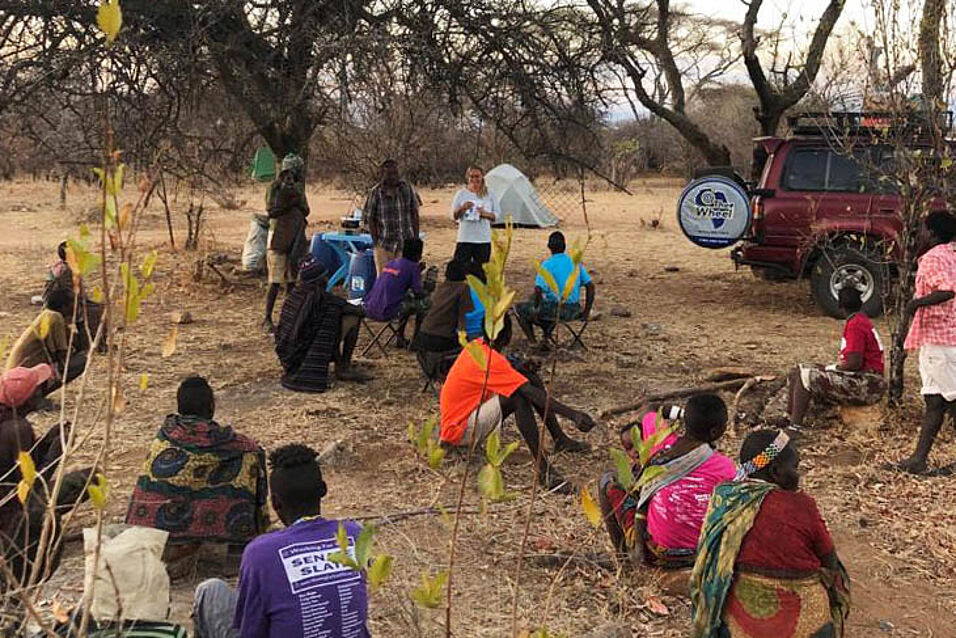Research into the human microbiome aims, among other things, to find out which constellations of microorganisms are beneficial to our bodies. This knowledge can provide the basis for the development of disease therapies. The misconception that Indigenous communities in particular have a more ancestral gut microbiome has driven the interest of researchers seeking solutions to health challenges in the West. The authors of the paper argue for abandoning this misconception and research driven by comparing coarse categories such as Westernized versus non-Westernized (commonly denoted with problematic terms such as “traditional”) that devalues Indigenous communities. They stress the importance of engaging in a transparent dialogue and integrating communities and their needs into the research process. There is no one-size-fits-all approach to ethical microbiome research, however, appropriate sample collection protocols, sharing the results with the participating communities, public recognition of their achievements, respectful language and benefit-sharing are important building blocks.
Stephanie Schnorr's motivation for contributing to this publication lies in her desire to dismantle micsonceptions and mythical narratives of human microbiome research and to raise awareness of a possible power imbalance in research agendas. “I was uninformed about what it means to be working alongside Indigenous community members to further research goals”, she writes about herself. The paper therefore also includes a Q&A that can support all researchers in implementing an approach to an ethical research process.
The Paper "Ethical microbiome research with Indigenous communities" was published in the May 16, 2022 issue of the journal Nature Microbiology.

